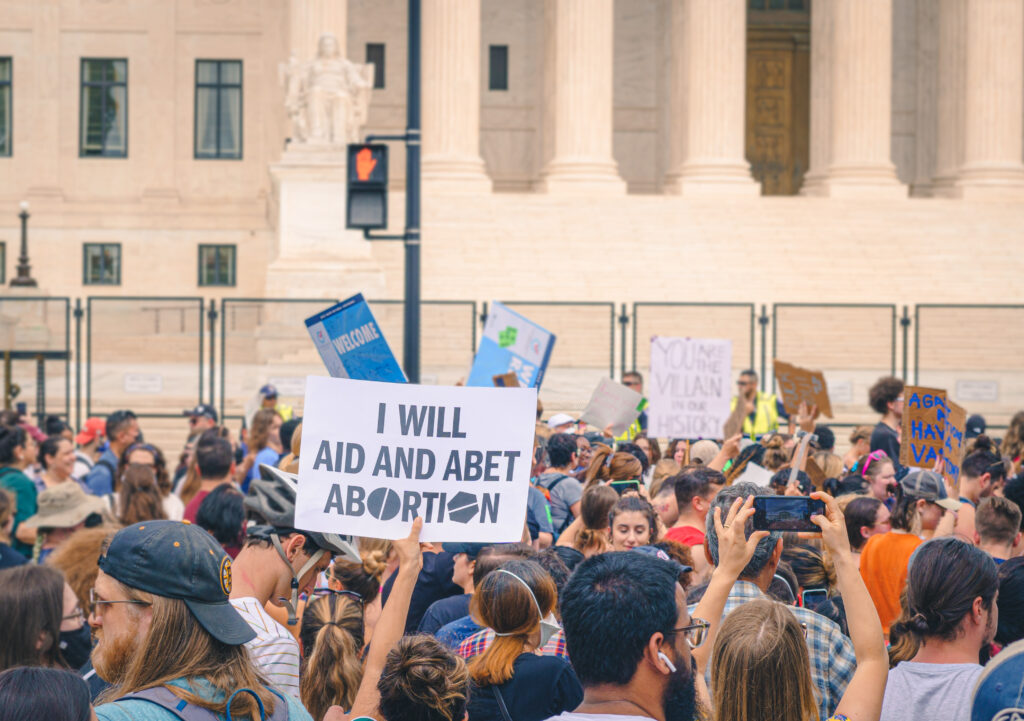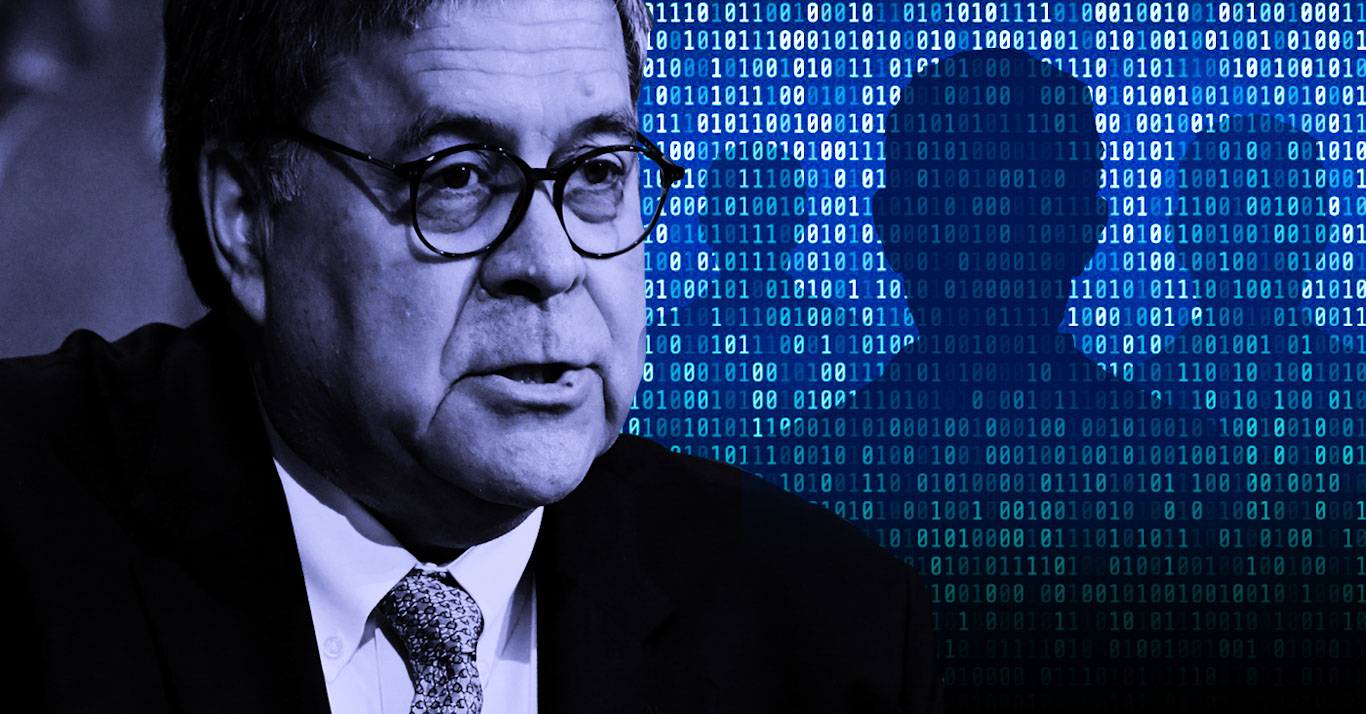Western companies are providing surveillance tools to authoritarian regimes in the Middle East.
By Jon Hoffman. Published 5-13-2020 by openDemocracy

Cellphone tower | Picture by Peter Bjorndal / pixabay.com. Public Domain
Regime-directed surveillance has taken new forms within the Middle East as governments have been forced to adapt to new technological and social environments. While government surveillance of its citizens is not new to the region, this old authoritarian impulse has been revamped in the attempt to subvert opposition and monitor dissidence amid widespread use of social media and access to smartphones within the region.
New forms of targeted hackings and espionage have therefore become commonplace throughout the region, and often extend across borders into the international arena. Western companies, governments, and individuals have provided extensive assistance to the surveillance efforts of these governments, often by supplying them with the necessary technology and expertise needed to conduct such sweeping operations. However, regional countries – particularly Israel – have increasingly constructed and exported their own indigenous operations and platforms designed to surveil their publics. Conducted on a mass scale and bolstered by western technological support, these new and sophisticated forms of surveillance have supplied these governments with the tools necessary to go on the offensive against all who seek to challenge the status quo. Continue reading →











